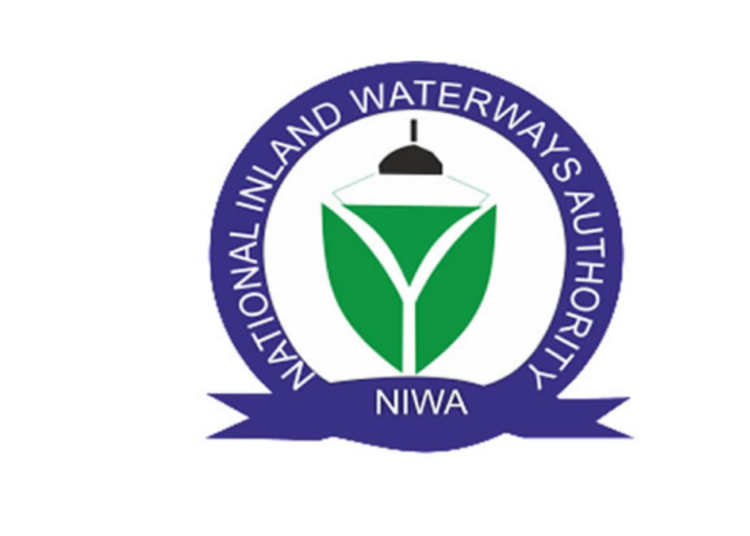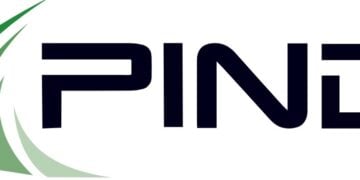The National Inland Waterways Authority (NIWA), has stressed that human error is responsible for most boat mishaps on the nation’s Inland waterway.
This is as Caverton Marine called on marine industry stakeholders to prioritise safety on all waterways in the country to position the industry for unlimited growth.
NIWA managing director, Bola Oyebamiji, during a parley with maritime journalists in commemoration of his one year in office.
According to him, poor attitude and blatant disregard for safety protocols account for the greatest cause of boat mishaps on the Waterways.
“We urge you, as opinion shapers, to partner with NIWA, in its mission to promote safer waterways through media advocacy. This is important to us because, of all the causes of accidents on our waterways, human error takes the lead. A further evaluation reveals that poor attitude and blatant disregard for safety protocol account for the greatest cause of boat mishaps. We therefore call on you to join us in educating our people on the need to be safety conscious always.”
In a related development, Caverton Marine CEO, Olabode Makanjuola, said the entrenchment of safety across Nigeria’s waterways will make it a viable alternative in transport system for Nigerians
Speaking at the Stakeholders’ Meeting on Safety and Insecurities held in Abuja on Thursday,
At the event, organised by the National Inland Waters Authority (NIWA) and chaired by Gboyega Oyetola, Minister of Marine and Blue Economy, Makanjuola unveiled his company’s vision on safe water transportation in Nigeria. “Today marks a significant milestone not just for Caverton, but for the future of water transportation in Nigeria. As many of you know, for years, Caverton has been a cornerstone in Nigeria’s oil and gas logistics sector, where safety isn’t just a priority – it’s the foundation of everything we do. Our track record speaks for itself. Through our aviation logistics operations, we’ve consistently demonstrated that when it comes to transporting precious cargo – whether it’s personnel or equipment – there can be no compromise on safety. This unwavering commitment has made us the trusted partner for major oil and gas companies operating in some of the most challenging environments,” the Caverton Marine boss stated.
According to him, through the OMNIBUS innovation, the company plans to replicate the same dedication to safety and uncompromising commitment to excellence to the water transportation sector in Nigeria. In practical terms, he said the vessels are equipped with state-of-the-art safety features and crew members undergo rigorous safety training and certification.
On the stand-out features of the initiative, he highlighted strict maintenance schedules that exceed industry standards, safety protocols which are continuously reviewed and updated as well as the employment of real-time monitoring systems for all aspects of operations.
“Why water transportation? Because we see both the immense potential and the pressing need. Nigeria’s waterways are natural highways that have been underutilised. But more importantly, we see the need for an operator who puts safety first – always, without exception. This isn’t just about transportation – it’s about transformation. We’re not just offering a service; we’re setting a new standard for what water transportation in Nigeria should be. The same expertise that has made us a trusted name in oil and gas logistics will now serve the broader transportation needs of our nation. The future of water transportation in Nigeria is safe, reliable, and professional. That future begins with Caverton,” he added.
Earlier this year, the company announced a partnership with the Lagos State Government, leading to the commissioning of 25 locally-built Omnibus FRP 40-passenger ferries to enhance waterways transportation. Through a public private partnership, it aims to advance the state’s transportation infrastructure, providing a reliable, safe, and efficient mode of transport towards achieving the global sustainable development goals (SGDs).
The NIWA managing director, Oyebamiji, had however, complained that insecurity and boat mishaps have always overshadowed every gain recorded by NIWA on the Waterways.
According to him, to confront the safety and insecurity issues on the Waterways, the authority reconsidered its safety campaign approach to focus more on the grassroots using community resources.
“There is a sore point that has always put NIWA in a bad light. The twin issues of safety and insecurity on the inland waterways always overshadow every gain recorded by NIWA whenever it happens. To confront this headlong, we have reconsidered our safety campaign approach to focus more on the grassroots using community resources.
“Within one year, NIWA has carried out more grassroots safety campaigns than at any other time within the same period. Also, we have deployed water marshals across different loading and unloading points in the country. It may interest you to know that within three months of its launch, we have increased the number of our water marshals from 80 to 350 personnel.
“Recently, these officers were directed to commence 24-hour surveillance within selected locations to arrest the ugly incident of night travel and overloading.”
“We have deployed several operational assets including 15 boats of varying capacities and uses to promote efficiency and service delivery. Similarly, we have provided greater incentives to our workers through the official commissioning of several capital projects to promote a better working environment. Not only this, we have continued to treat the welfare of our workers as a priority always.”
He also disclosed that NIWA sought collaboration with commissioners of transport in 24 states on solving the current challenges of inland Waterways in Nigeria.
“Recently, in Abuja, we gathered critical stakeholders in a meeting for several hours to evaluate the current challenges on inland waterways transportation and find possible solutions.
“The meeting which had in attendance the Commissioners of Transportation from more than 24 states, among other groups, highlighted several important measures that must be taken to arrest the twin issues of safety and insecurity on the inland waterways.
“Of note, is the need to increase the level of awareness and campaign within the sector. Hence this meeting. We urge you, as opinion shapers, to partner with NIWA, in its mission to promote safer waterways through media advocacy.”





